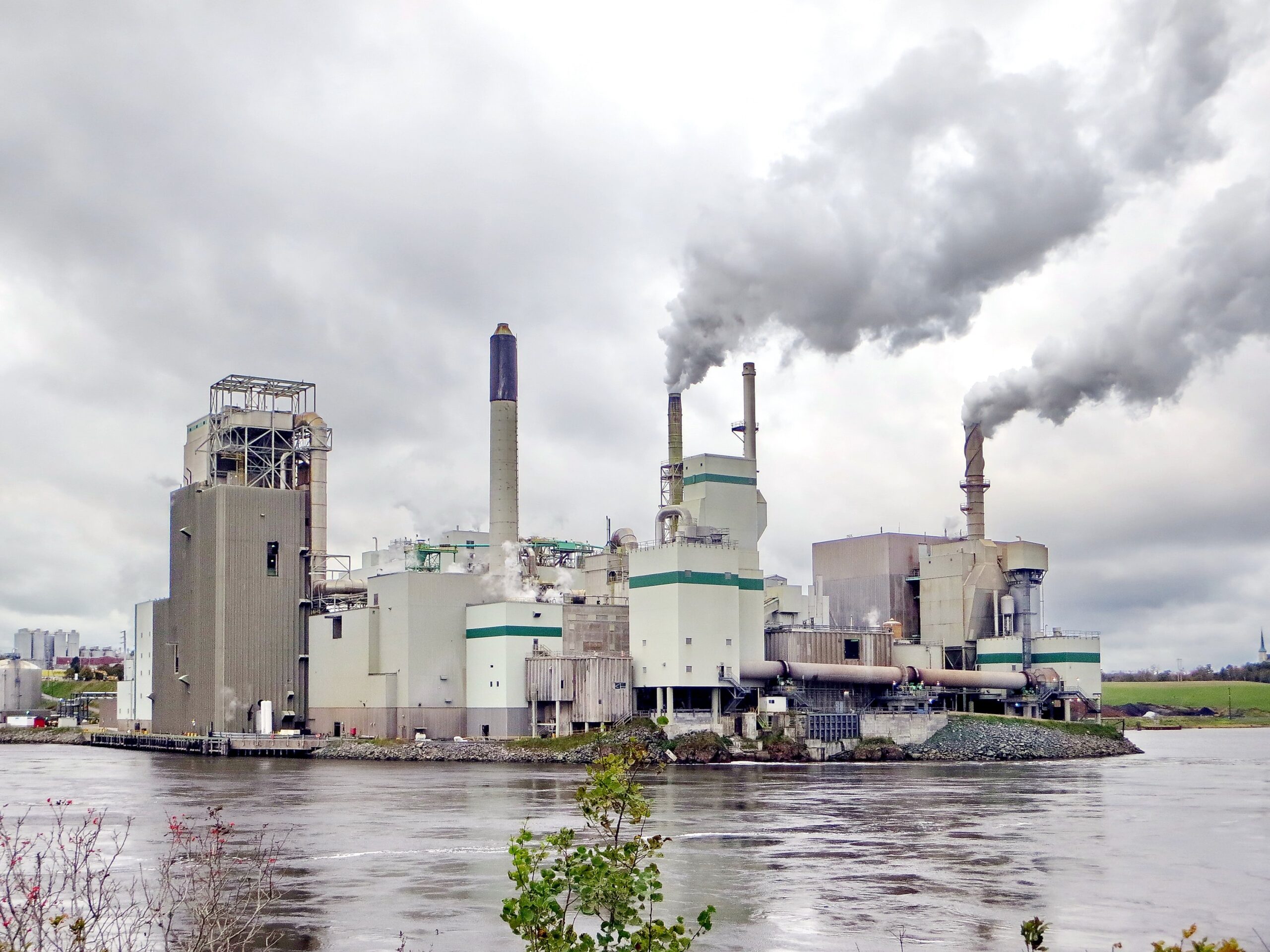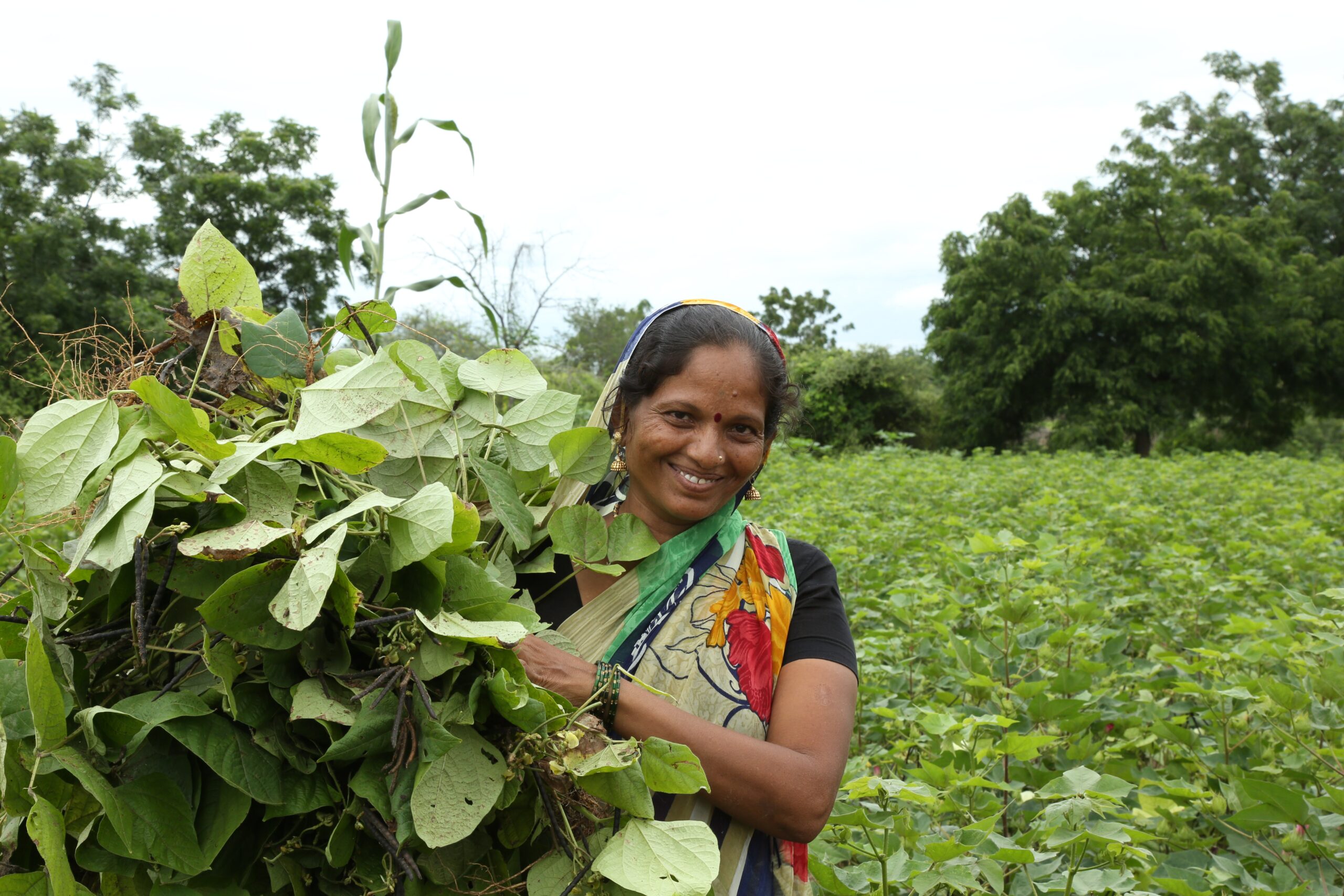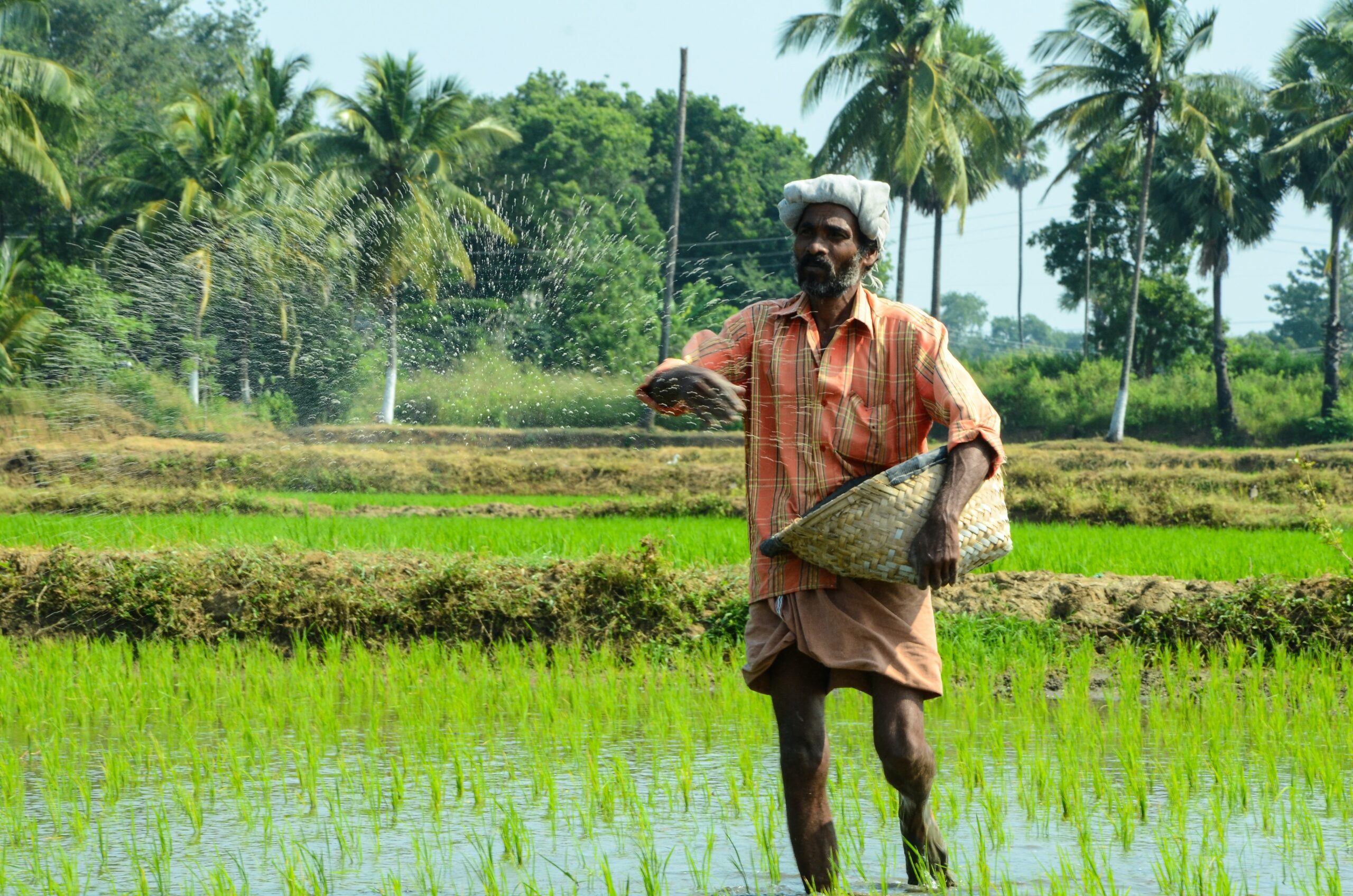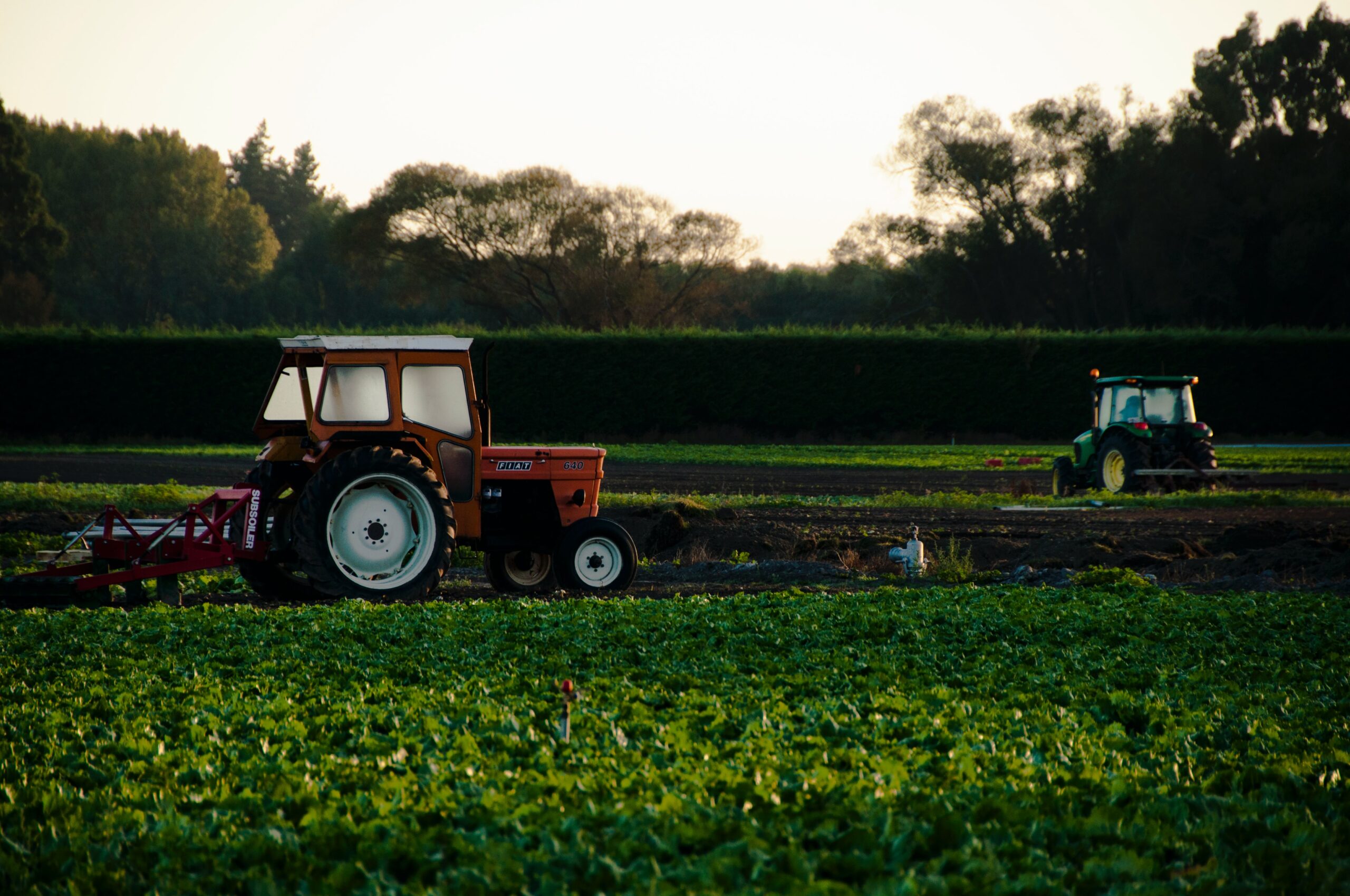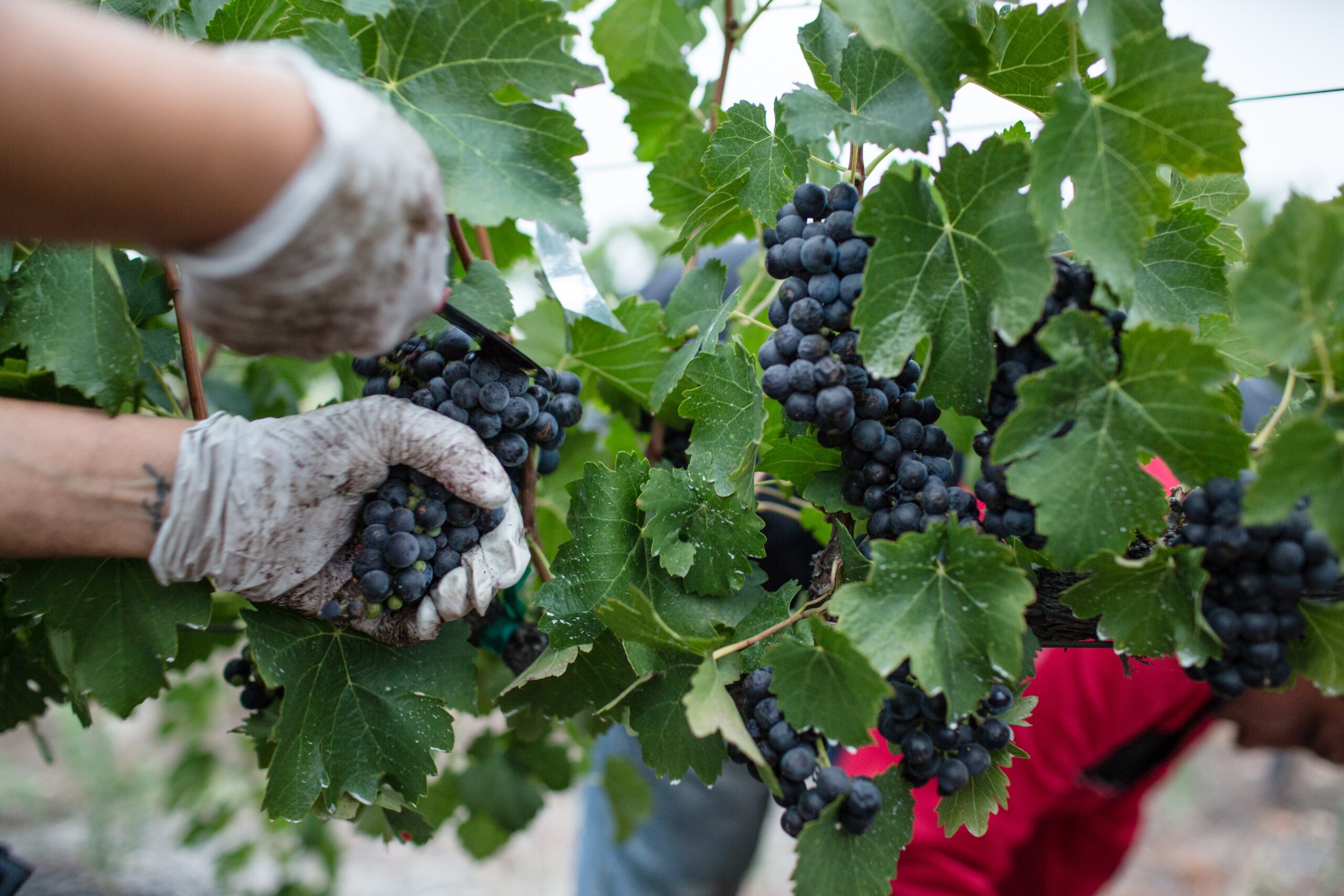Environmental services of biodiversity, clean water, etc., have been considered byproducts of farming and grazing, but population pressures and a move from rural to peri-urban areas are changing land-use practices, reducing these services, and increasing land degradation. A range of ecosystem markets have been reversing this damage, but these are not widely institutionalized, so land managers do not see them as “real” in the way they do for traditional food and fiber products. There are difficulties defining and monitoring non-food/fiber ecosystem services so they can be reliably marketed, and those markets that do operate usually do so in a piecemeal single product way in the interest of simplicity for the buyer, and seldom adequately regulate or compensate land managers for non-market benefits. New profitable uses of degraded water and regenerating land are emerging, but they require technology transfer or supply chain development to facilitate adoption. There is a need for a transformational change in the way land and water are used to promote a broader approach, so environmental services become a mainstream activity for land managers. A far-sighted Philanthropist is required to support an International institution to take up the challenge of institutionalizing such a ‘brokerage’ system to operate globally.













































































































































































































































































































































































































































































































































































































































































































































































































































































































































































































